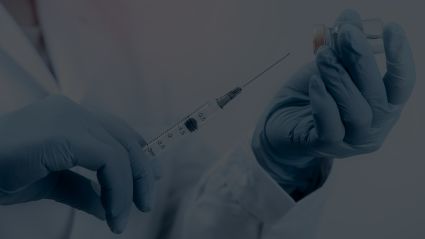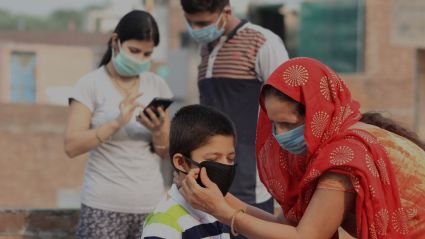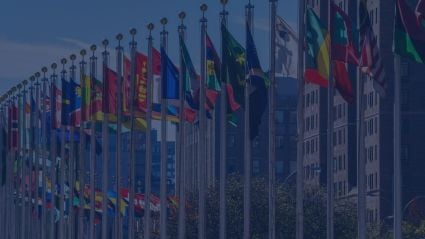
As we members of the biopharmaceutical industry look to the post-COVID-19 world, we can draw lessons from both the successes and failures of the world’s responses to this global crisis.
If there is a silver lining to the pandemic experience, it is the realization that the research and development community, when prompted by a worldwide existential threat, can rise to the occasion with startling speed. The biopharmaceutical industry, academia, and international agencies successfully collaborated to launch hundreds of clinical trials and rapidly deliver innovative approaches to combat COVID-19.
While shared goals drew nations and organizations together, there are some documented failures in combatting this pandemic that are in large part attributable to nationalism, which the World Health Organization has warned is a “catastrophic moral failure.” A virus that can quickly spread around the world and bring some of the most powerful economies to their knees is everyone’s problem.
An innovative therapy is no good to a patient who cannot access it.
Addressing deficits in collaboration and access is essential to resolving global challenges that are relevant well beyond COVID-19 to other public health issues including prevalent diseases such as cancer.
At BeiGene, we are optimistic that learnings from this most recent pandemic response can be applied to alleviate the burden of cancer, which in 2020 alone saw over 19 million new cases. A staggering number of families bears tremendous emotional and financial burdens from a disease that knows no borders and does not discriminate based on race or socioeconomic status or any other measure.
Reflecting on our key learnings from the pandemic, some ideas that could be extrapolated to benefit cancer patients worldwide include:
-
Prioritize clear, collaborative regulatory stewardship
-
Interagency cooperation facilitated a more effective and efficient drug approval process enabling rapid advances from investigational to approved status in less than one year.
-
In the case of Operation Warp Speed in the US, which leveraged the resources of the federal government and the private sector, regulators forged pathways to advance vaccines simultaneously and rapidly.
-
The International Coalition of Medicines Regulatory Authorities provided a forum to support international cooperation and coordination among 30 global medicine regulatory authorities, with the goal of identifying common approaches to clinical research and biopharmaceutical production.
-
-
Evaluate the benefit of reducing obstacles to innovation
-
By making “safe and effective” the standard against which to evaluate vaccine candidates and coupling that with clear, efficient guidance and reviews, regulatory authorities enabled the world to reap a greater yield from good science. Straightforward regulatory guidance decreases unnecessary delays.
-
Cancer patients stand to benefit from a similar approach. For example, Project Orbis streamlines the regulatory review process for oncology treatments simultaneously across geographies and international partners. In its first year, Orbis reviewed 60 oncology products that resulted in 38 approvals. FDA data suggest Project Orbis participation accelerated by years the partner countries’ access to high-impact medicines.
-
-
Embrace new technology and treatment choice
-
Just as we embraced various approaches to COVID-19 vaccines—there are now more than 100 unique vaccines in trials—we should welcome a breadth of approaches to cancer treatments that address multiple unique populations and increase treatment choice.
-
As medical science advances in an incredibly competitive environment, patients and their physicians benefit from making treatment decisions based on a medicine’s unique efficacy and tolerability. Motivating industry to deliver best-in-class compounds may ensure greater application of technology to isolate and target cancer pathways with improved treatment profiles.
-
The current global health care ecosystem is more innovative and exciting than ever before—but in some areas it also remains inequitable and inefficient. An innovative therapy is no good to a patient who cannot access it. BeiGene hopes to be joined by colleagues industry-wide in accelerating medicines development and making them more available to billions of patients worldwide.
As the COVID-19 era has so clearly demonstrated, when we work together to remove obstacles, we enable innovation and salvation. If we leverage the lessons of this pandemic by applying our learnings to the ongoing cancer epidemic, we all win.
















